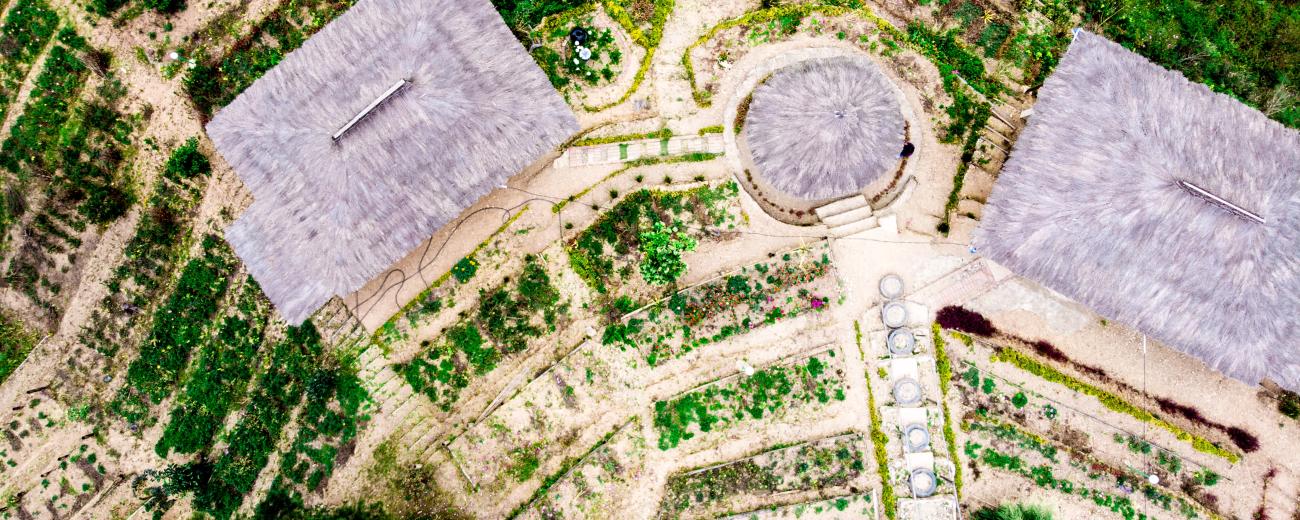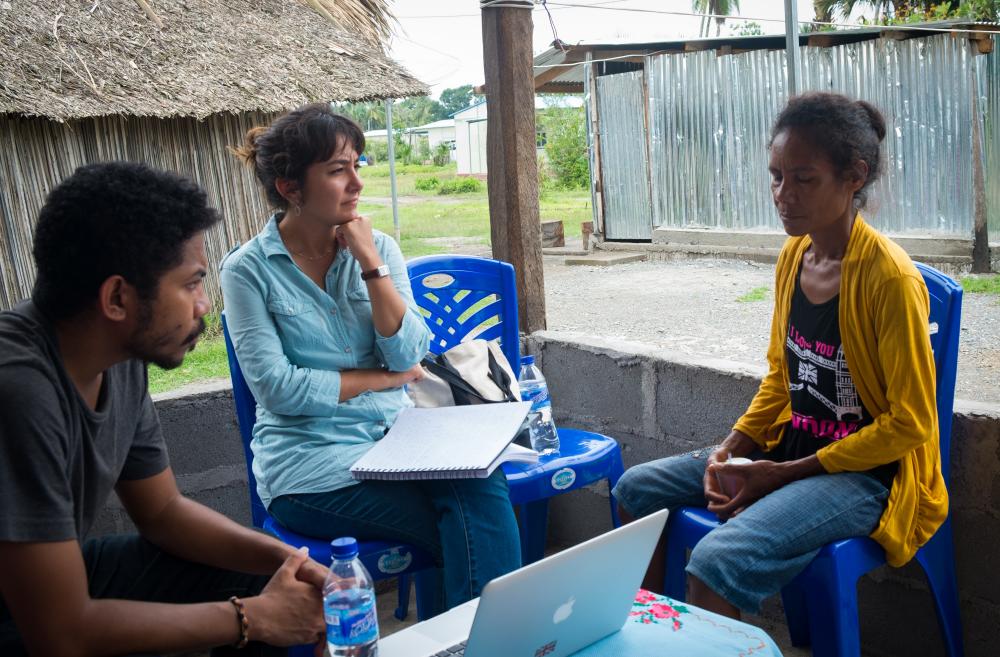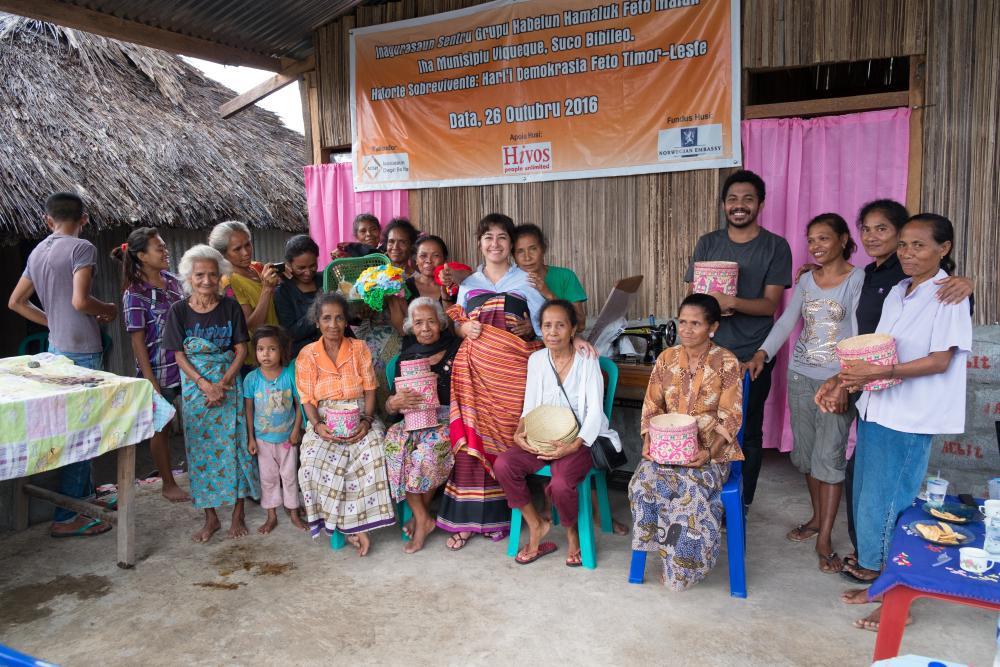Enhancing women’s access to transitional justice in Timor-Leste


Younger generations in Timor-Leste can now learn the stories of the many forgotten women who endured grave human rights violations during the struggle for independence.
Dr Noemi Pérez Vásquez who completed her PhD at SOAS University of London on women´s rights and transitional justice published a book on this topic last year, which will now be translated into the local language of Tetum and shared among local universities as well as in the rural areas.
Pictured above: Dr Noemi Pérez Vásquez interviewing a woman in Timor-Leste.
"Women's Access to Transitional Justice in Timor-Leste: the Blind Letters" addresses how gender equality should be conceived in post-conflict and fragile states seeking to rebuild. It also shows the effect of the absence of the voices of Timorese women in the solutions that are advanced and the unequal distribution of resources that are made.
Indonesia forcibly intervened in Timor-Leste days after a uniliteral declaration of independence in 1975 from Portugal. This led to the Timorese population being subjected to grave violations of international human rights law until September 1999. The violence scaled up after a referendum that took place in August 1999 where over 78.5 percent of the voters chose independence. A United Nations Transitional Administration was established after the conflict - the country became an independent state in 2002 and power was transferred to a newly elected Timorese government.
The translation of this book into Tetum contributes to debates concerning Timorese women’s participation in transitional justice and the recognition of their experiences today. Through case studies of Timor-Leste, this important research work, the first of this kind, tackles the discriminatory practices embedded in some transitional justice mechanisms, and how they constrain women’s participation and later recognition when post-conflict benefits are distributed.
The book will also enable university professors in Timor-Leste to have access to a solid academic tool on human rights and Timorese history, which is particularly significant given the lack of history classes in Timor-Leste today.
Dr Vasquez said: “Given that many of the 77 women who were interviewed are passing away and with them their narratives and a part of their past, with this book, their stories and voices will become available for younger generations - they will remain alive forever.”
This project was made possible by the Global Campus of Human Rights with the Human Rights Centre of the National University of Timor-Leste (HRC-UNTL) and funding from the U.S. Agency for International Development (USAID).
Pictured above: Dr Noemi Pérez Vásquez stood with volunteers and interviewees in Timor-Leste.




